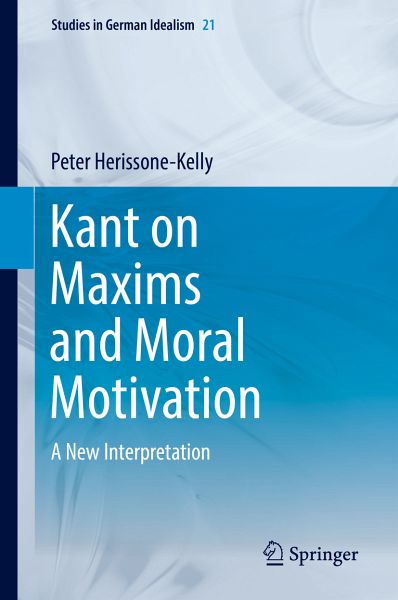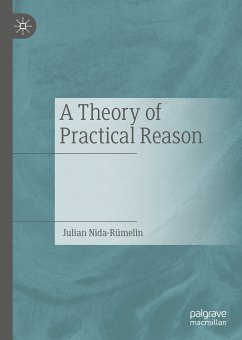
Kant on Maxims and Moral Motivation (eBook, PDF)
A New Interpretation
Versandkostenfrei!
Sofort per Download lieferbar
72,95 €
inkl. MwSt.
Weitere Ausgaben:

PAYBACK Punkte
36 °P sammeln!
Is an in-depth and carefully argued account of the model of rational agency underlying Kant's moral philosophy
Takes a wholly new slant on Kant's moral thought
Compares Kant's moral philosophy with the work of Aristotle, John Searle, Iris Murdoch, Elizabeth Anscombe, Jean-Paul Sartre, and Brian O'Shaughnessy
Dieser Download kann aus rechtlichen Gründen nur mit Rechnungsadresse in A, B, BG, CY, CZ, D, DK, EW, E, FIN, F, GR, HR, H, IRL, I, LT, L, LR, M, NL, PL, P, R, S, SLO, SK ausgeliefert werden.
Alle Preise in Euro und inkl. der gesetzl. MwSt. | Innerhalb Deutschlands liefern wir preisgebundene Bücher versandkostenfrei. Weitere Informationen: bitte hier klicken
Support
Bitte wähle dein Anliegen aus:
Rechnungen
Bestellstatus
Retourenschein
Storno












